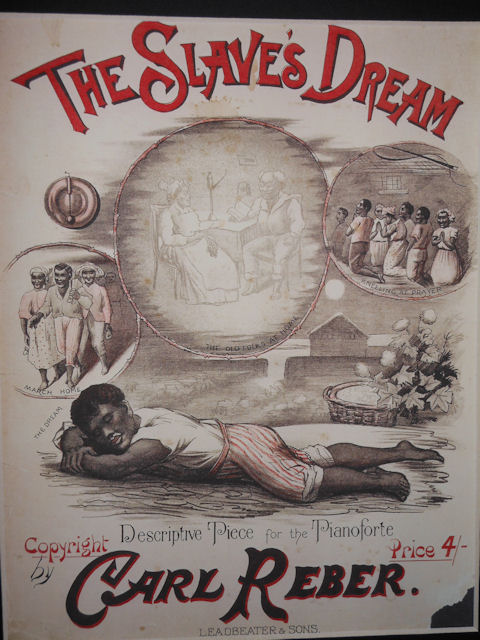About the Poet-
James Henry Leigh Hunt (19 October 1784 – 28 August 1859), was an English critic, essayist, poet, and writer. In 1816 he made a mark in English literature with the publication of Story of Rimini, based on the tragic episode of Francesca da Rimini told in Dante’s Inferno. In 1818 appeared a collection of poems entitled Foliage, followed in 1819 by Hero and Leander, and Bacchus and Ariadne. In the same year he reprinted these two works with The Story of Rimini and The Descent of Liberty with the title of Poetical Works, and started the Indicator, in which some of his best work appeared. He had remarkable insights as a literary critic and discovered and introduced to the public many poets, among them John Keats, Percy Bysshe Shelley, Robert Browning, and Alfred Tennyson. As a prose writer he was best as an essayist. But he was also the author of a novel and several plays, two of which, A Legend of Florence and Lovers’ Amazements, were produced (in 1840 and 1858, respectively).
About the Poem-
“Abou Ben Adhem” is a narrative poem by Leigh Hunt in which he attempts to capture the spirit of brotherhood and fraternity with a hint of spiritual satisfaction. Leigh Hunt was an English essayist, critic, poet and writer who was a sincere admirer of Thomas Gray and William Collins. This poem is based on the Arabian lore which tells the story of the Islamic month of Nous Sha’aban during which God opens the golden book of mankind and chooses those who love him to meet with him in the coming year. Hence, we see a magical encounter of an angel with Abou Ben Adhem.
Summary of Abou Ben Adhem
Stanza I
Abou Ben Adhem (may his tribe increase!)
Awoke one night from a deep dream of peace,
And saw, within the moonlight in his room,
Making it rich, and like a lily in bloom,
An angel writing in a book of gold:—
Exceeding peace had made Ben Adhem bold,
And to the presence in the room he said,
“What writest thou?”—The vision raised its head,
And with a look made of all sweet accord,
Answered, “The names of those who love the Lord.”
“And is mine one?” said Abou. “Nay, not so,”
Replied the angel. Abou spoke more low,
But cheerly still; and said, “I pray thee, then,
Write me as one that loves his fellow men.”
The poem opens with the introduction of the protagonist with a blessing upon him. Perhaps the use of the phrase “may his tribe increase!” anticipates the reward for the protagonist’s noble feelings of fellowship. One night Abou woke up from a “deep dream of peace” only to see an angel writing on the golden book. The natural shine of the angel has made the room look even more brighter. The simile used to convey how beautiful the room looked in the presence of the angel is suggested in the phrase “Making it rich, and like a lily in bloom”. It suggests the idea of the birth of something beautiful and pure. Abou was naturally surprised at the sight of seeing an angel in his room. However, he didn’t let astonishment take over his sense of calmness and he asked the angel without any hesitation what she was writing. The sweetness and purity of the angel is reflected in the way she speaks. She says in the kindest voice that she has been writing the names of those men who love God. Out of curiosity he asks the angel if he has been honoured with the acknowledgement of his love for God. But the angel honestly replies that his name is not included in the list of God’s favourites. Although Abou feels a little low at this remark but still it does not upset Abou. He cheerfully asks the angel to kindly include his name not as someone who loves God but as the one “that loves his fellow men”. This establishes the true essence of the poem. This statement embodies the idea that to love fellow men is as noble a job as to love God himself. He is a believer of God as well as a believer of humanity.
Stanza II
The angel wrote, and vanished. The next night
It came again with a great wakening light,
And showed the names whom love of God had blest,
And lo! Ben Adhem’s name led all the rest.
In this stanza, the angel finishes her work and disappears for the night. The next night she reappears with a “great wakening light”, a light that guides people in the right path. The angel is seen to appear in the darkness, spreading the luminous light of joy.This “great wakening light” could symbolise enlightenment. In the first paragraph, we see Abou waking up abruptly from his peaceful sleep but now we observe him waking up with a light of hope and goodness. The angel now reveals the names of those who have been recognized for their love for God. To his surprise, Abou’s love for his fellow human beings and his spirit of comradeship proved to be greater than the love for God. His honesty and his spirit of kinship made him lead the rest. Through this stanza, the poet tries to pass on the message that no love is greater than the love for fellow men.
Whether you’re aiming to learn some new marketable skills or just want to explore a topic, online learning platforms are a great solution for learning on your own schedule. You can also complete courses quickly and save money choosing virtual classes over in-person ones. In fact, individuals learn 40% faster on digital platforms compared to in-person learning.
Some online learning platforms provide certifications, while others are designed to simply grow your skills in your personal and professional life. Including Masterclass and Coursera, here are our recommendations for the best online learning platforms you can sign up for today.
The 7 Best Online Learning Platforms of 2022
-
Best Overall:
Coursera
-
Best for Niche Topics:
Udemy
-
Best for Creative Fields:
Skillshare
-
Best for Celebrity Lessons:
MasterClass
-
Best for STEM:
EdX
-
Best for Career Building:
Udacity
-
Best for Data Learning:
Pluralsight
Related
















